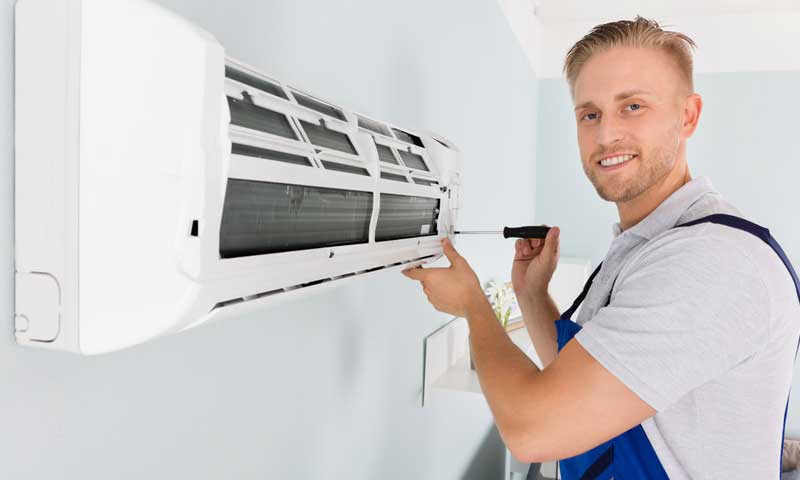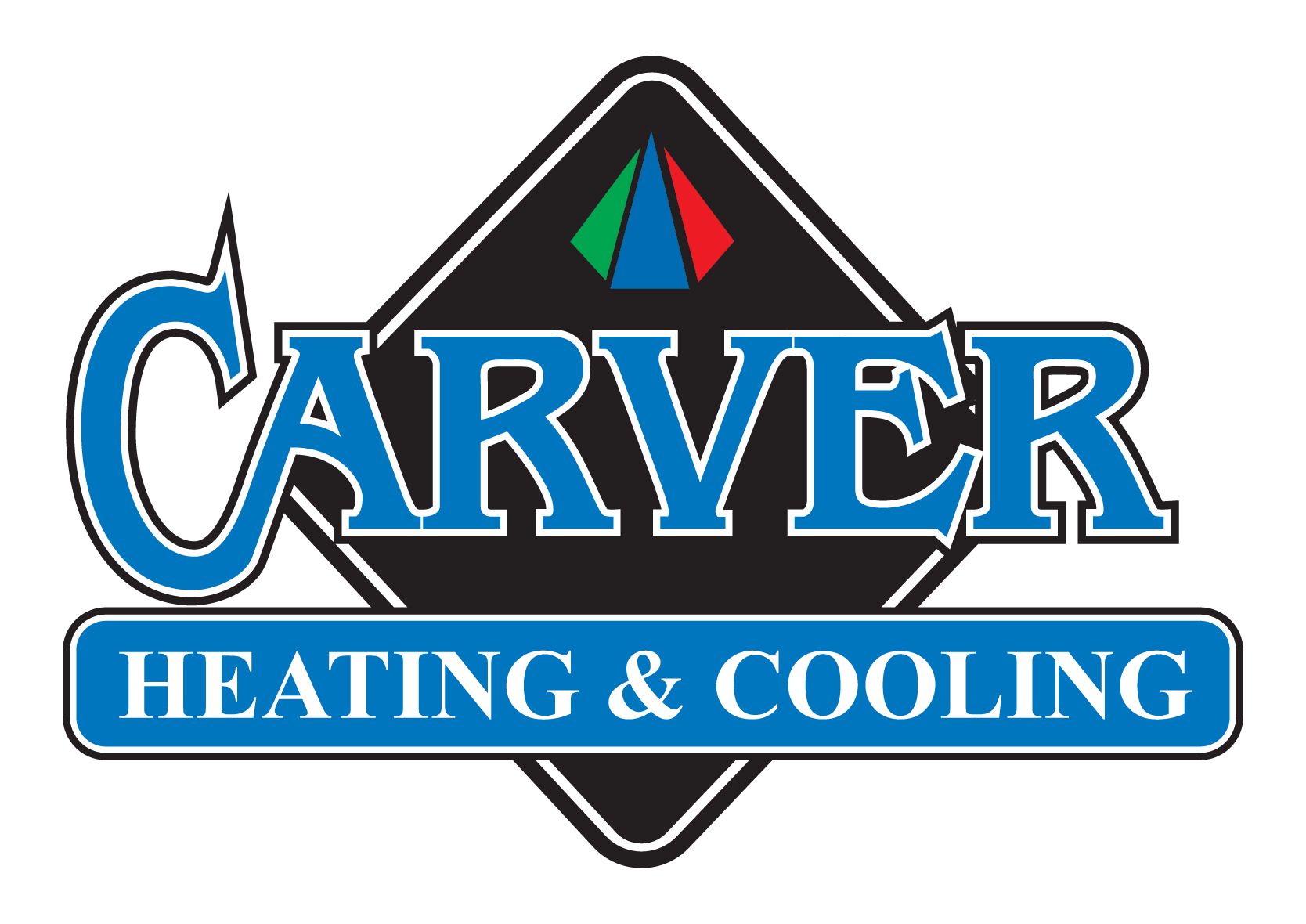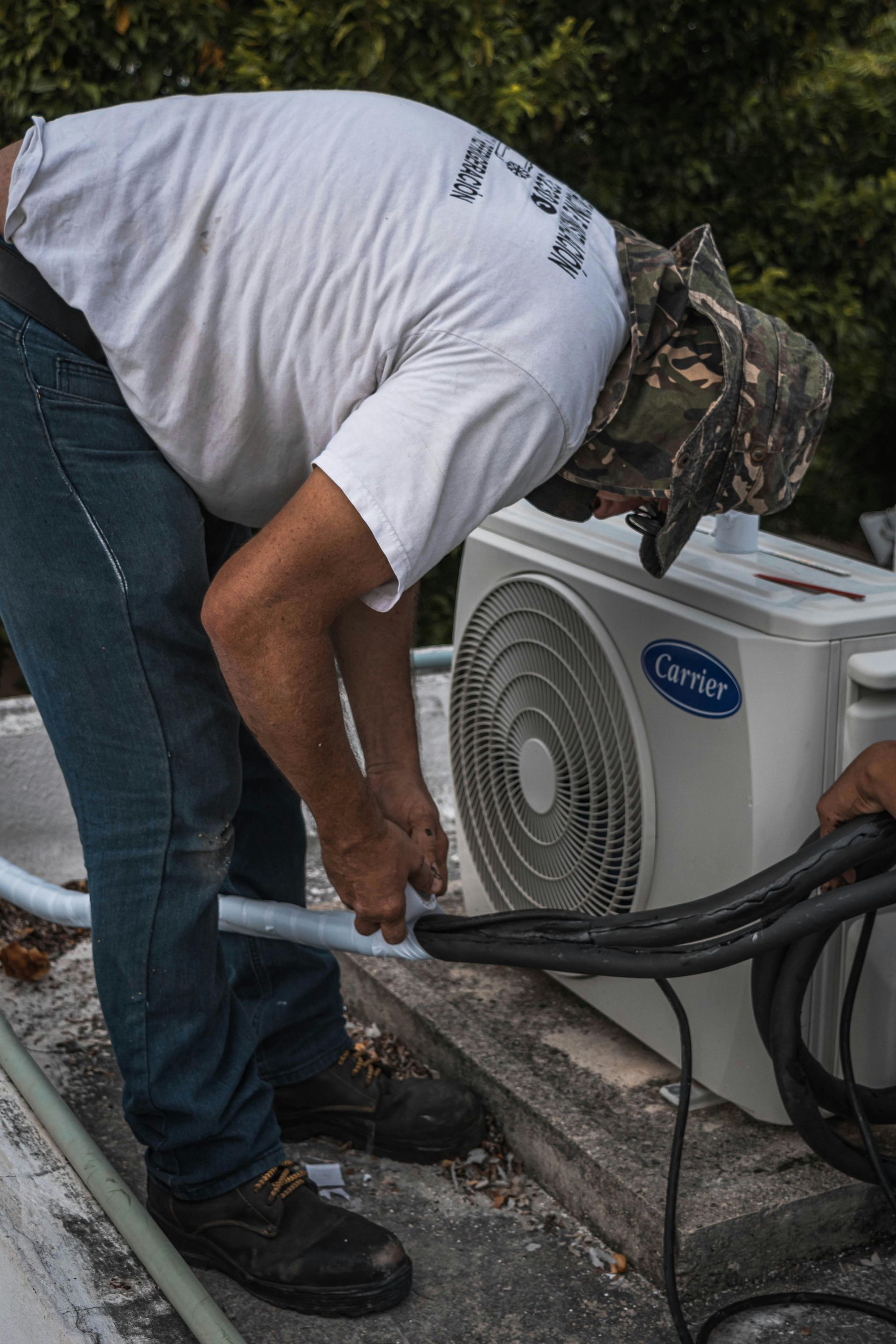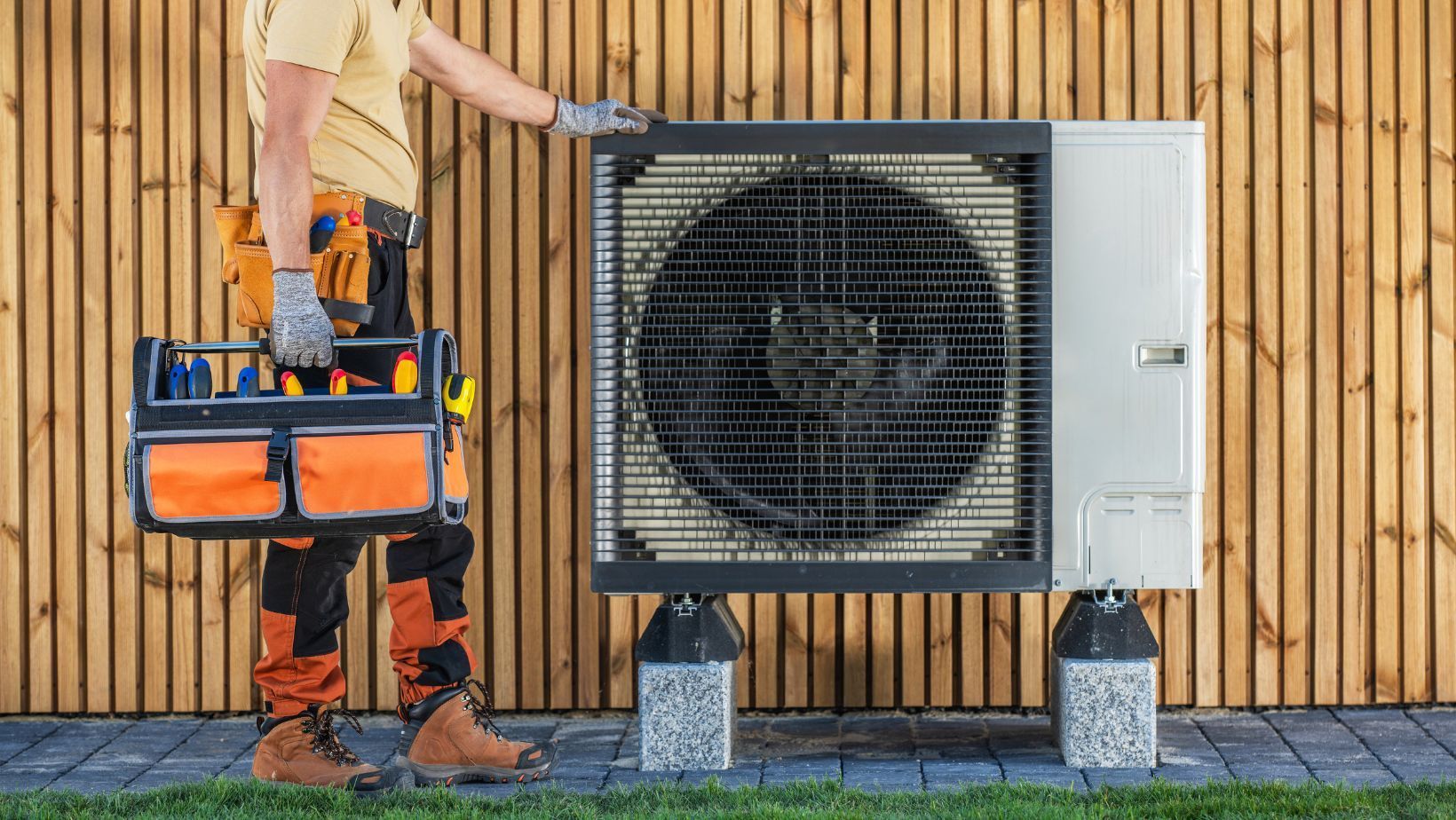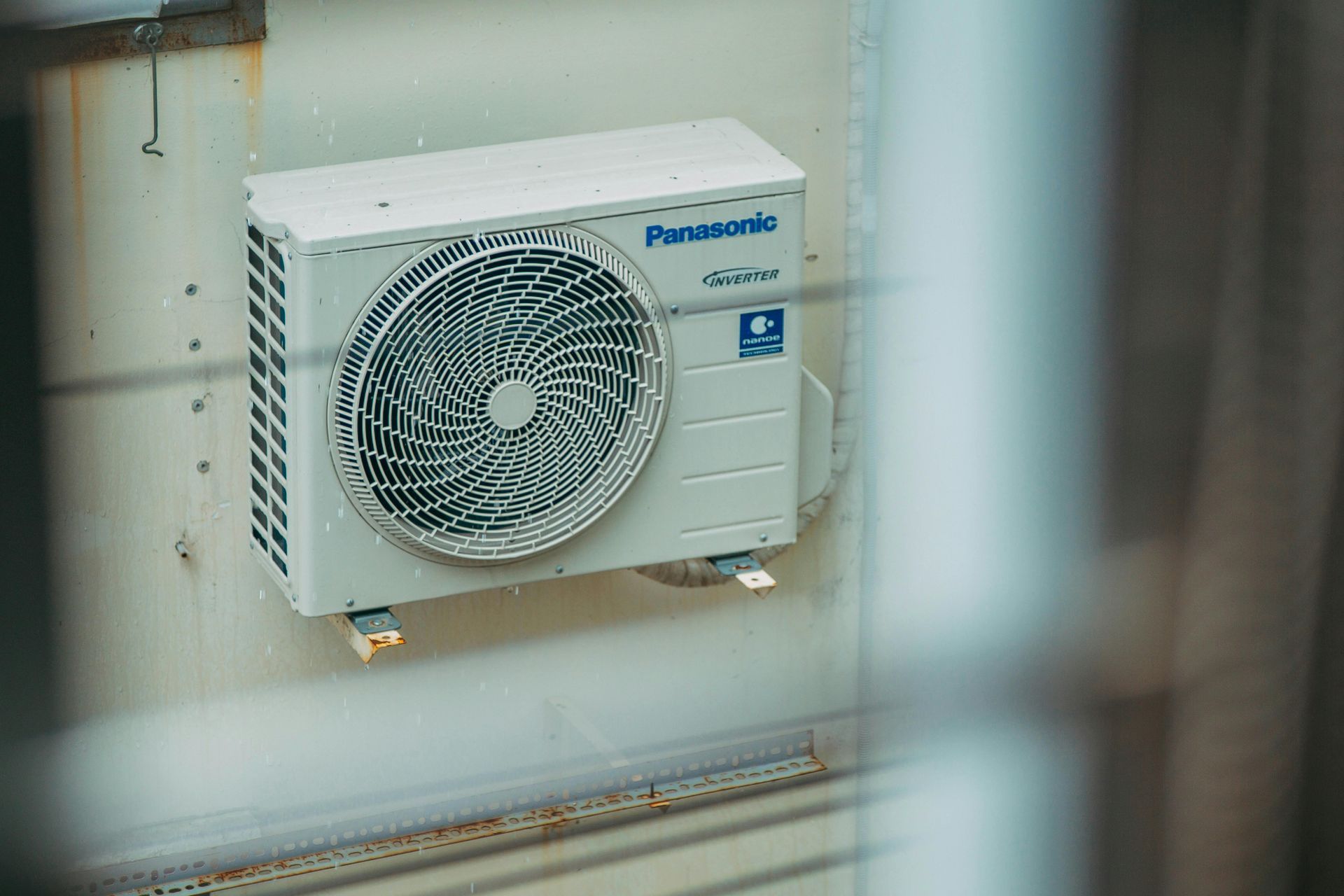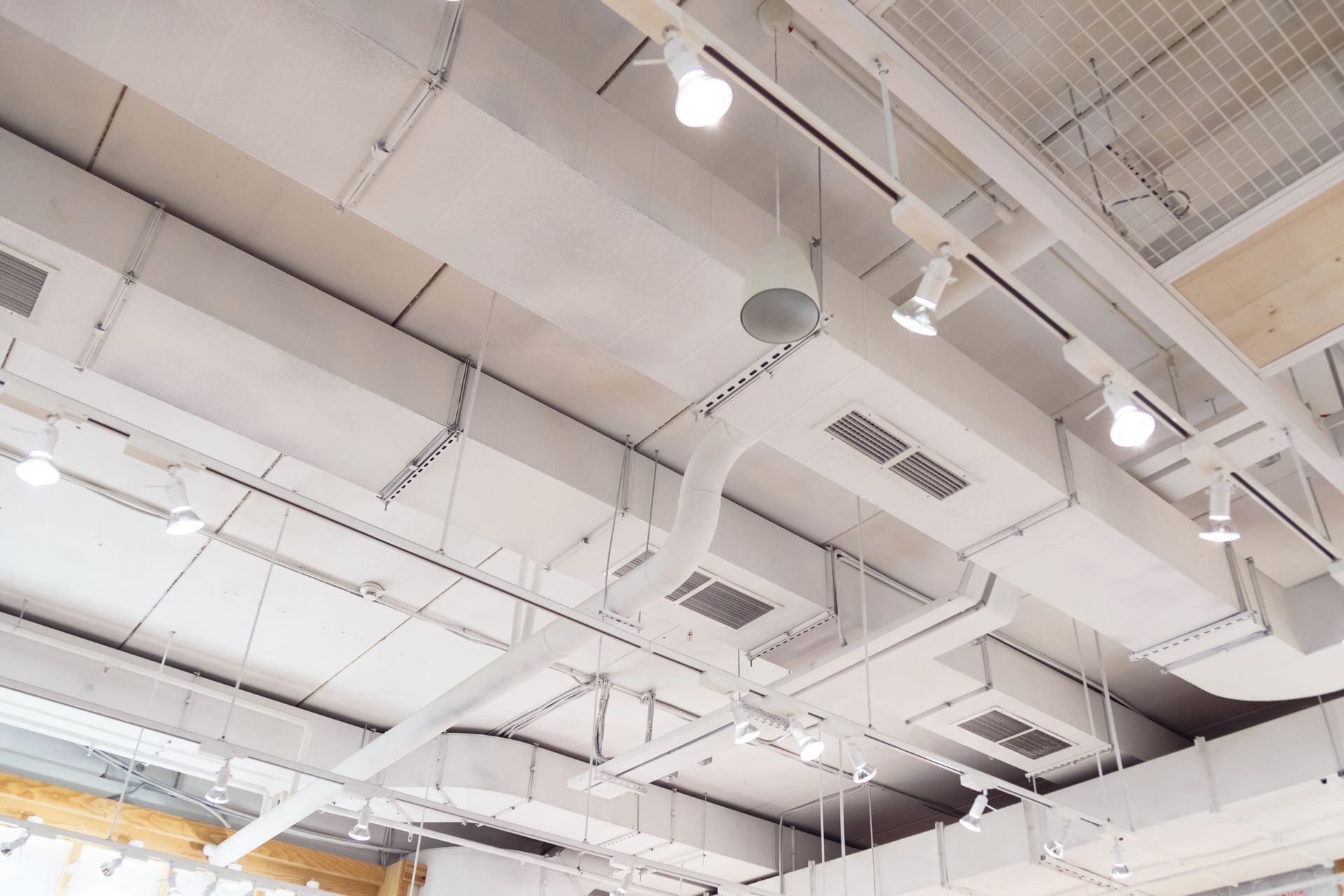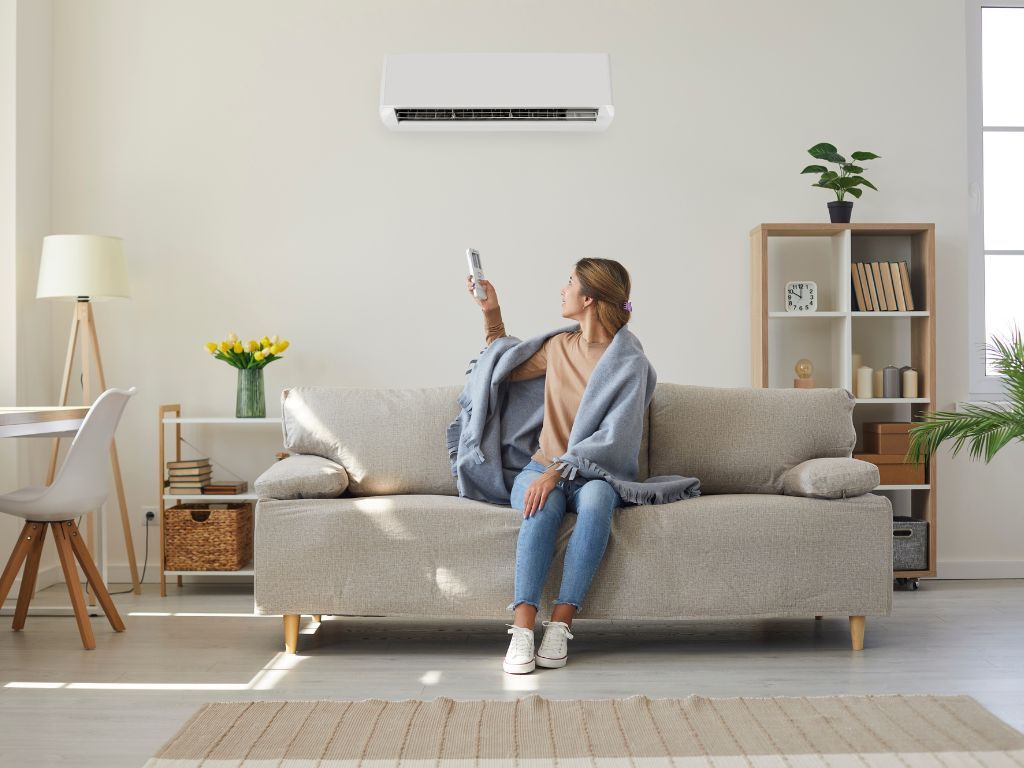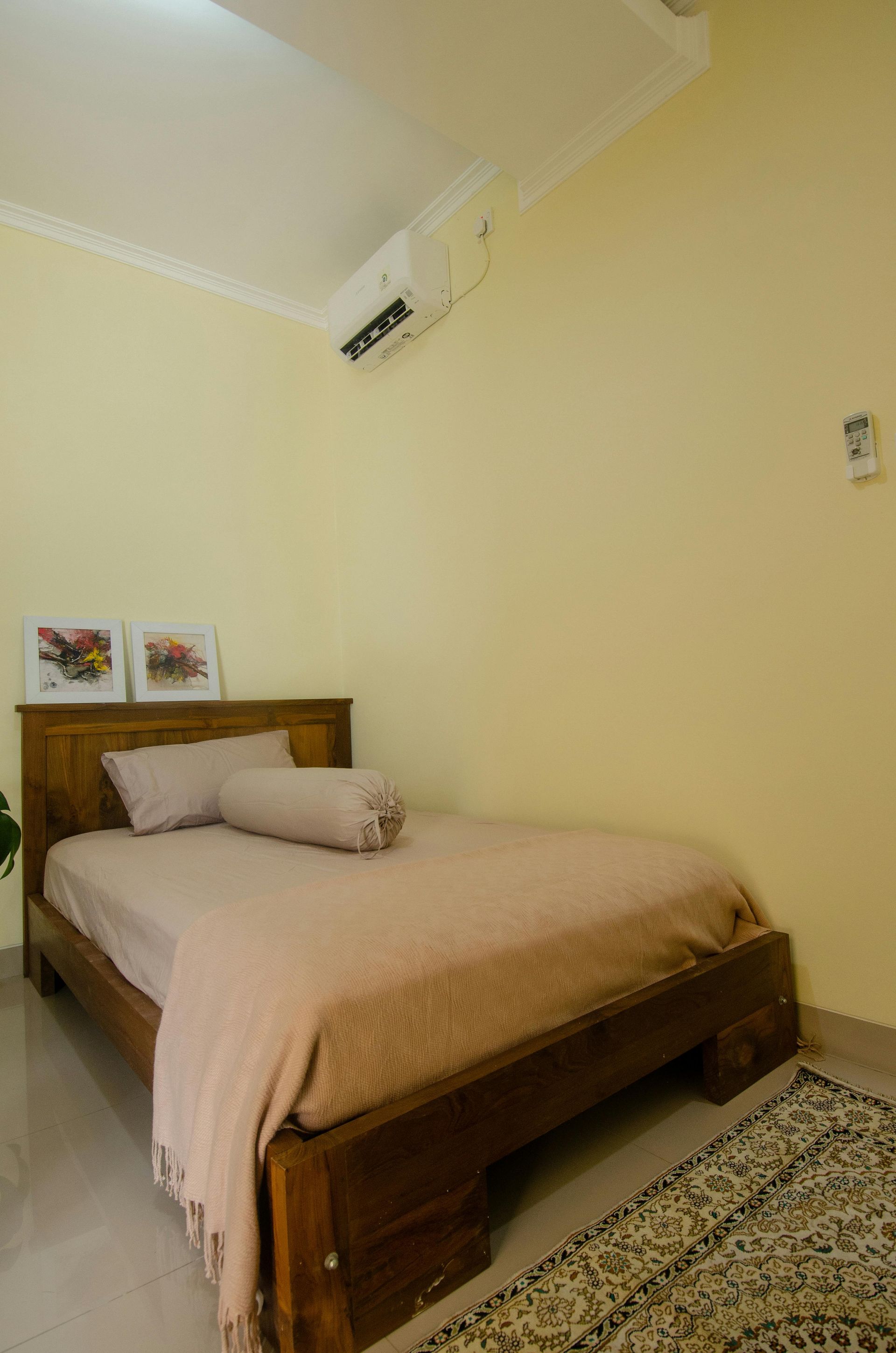The Advantages and Disadvantages of Air Conditioners with Water Heaters
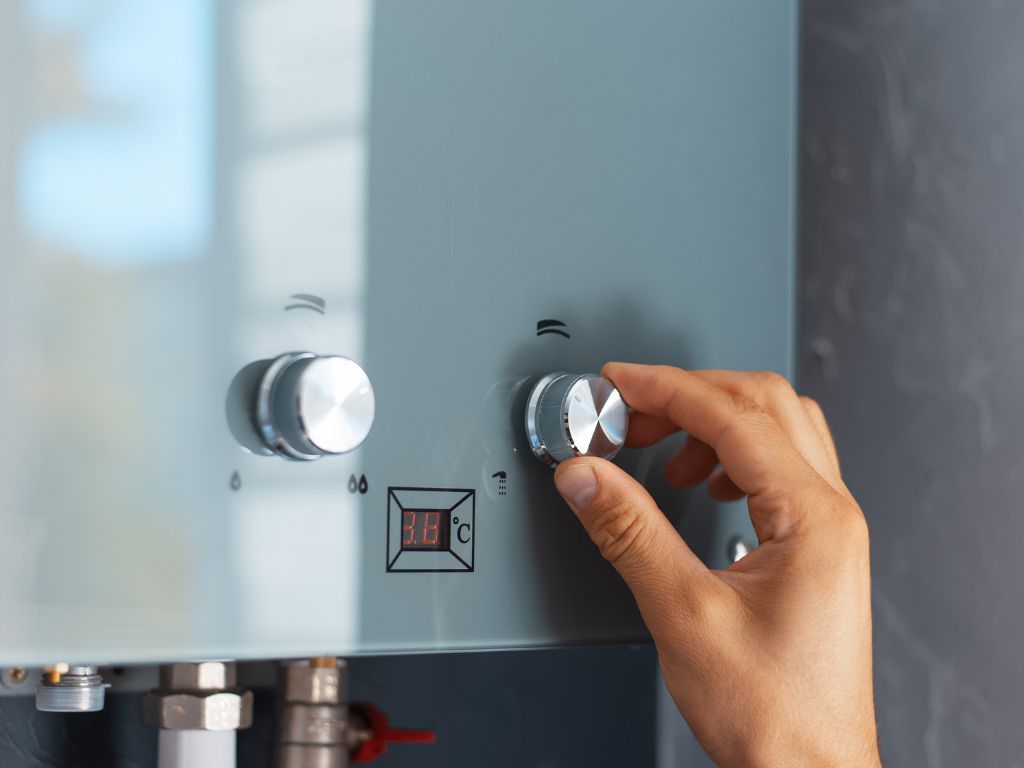
Air conditioners with water heaters, also known as air-to-water heat pumps, are a
convenient and energy-efficient solution for your home or business. These systems allow you to save space and money by combining the functions of an air conditioner and a water heater into one unit. They use the same principles as refrigeration to transfer heat from the outside air into your water for heating inside the building. As electricity costs rise and the need to reduce energy consumption increases, these systems are becoming increasingly popular.
Not only do these systems offer cost savings and energy efficiency compared to having
separate air conditioners and water heaters, but their compact design can also save valuable space in a building. This article will give you a detailed overview of the different types available, how they work, and the benefits they provide. It will also touch on important things to consider when choosing an air conditioner with a water heater, as well as provide recommendations for those interested in this technology.
Types Of Air Conditioners With Water Heaters
- Split Air Conditioners With Water Heaters
Split air conditioners with water heaters comprise two main parts: an outdoor unit and an indoor unit. The outdoor unit houses the compressor, and the indoor unit has the evaporator and the water heating component. These units are connected by refrigerant lines and are usually installed on the exterior of a building.
One of the main advantages of these systems is their high energy efficiency. They also allow you to control the temperature of different rooms individually, and they tend to have low noise levels. They also can perform well even in extreme temperatures. On the downside, they have a relatively high cost and require professional installation. Also, if any component breaks, the entire system has to be serviced.
- Window Air Conditioners With Water Heaters
Window air conditioners with water heaters are similar to traditional window air conditioners but with the added feature of a built-in water heater. They are designed to fit into a standard window opening and are typically less expensive than split systems.
The advantages of window air conditioners with water heaters include their low cost and ease of installation. They also require less space than split systems.
The disadvantages of window air conditioners with water heaters include their lower energy efficiency compared to split systems and noise levels. They can also be less powerful, which makes them less suitable for larger spaces.
- Portable Air Conditioners With Water Heaters
Portable air conditioners with water heaters are small, self-contained units that can be easily moved from room to room. They have built-in wheels and can cool and heat a single room.
The advantages of portable air conditioners with water heaters include flexibility and convenience. They can be easily moved to different rooms and do not require permanent installation. The disadvantages of portable air conditioners with water heaters include their lower energy efficiency, limited cooling capacity, and relatively high noise levels.
How Air Conditioner With Water Heater Works
An air conditioner with a water heater is a fancy way of saying "an HVAC system that cools your home and heats your water all in one go." It uses refrigeration technology to move heat from the outside to the inside of your home. Basically, it takes hot air from outside and turns it into cool air inside, then it uses that same cool air to heat your
water.
It's all done through this thing called a refrigerant (which is usually a chemical called R-41 OA) that changes from a liquid to a gas as it absorbs heat. It's like magic but science. And it's all connected by these pipes called refrigerant lines that transport the refrigerant between the different parts of the system.
Benefits Of Air Conditioner With Water Heater
The main perk of having an air conditioner that also heats water is that it's super energy efficient. You're basically killing two birds with one stone by only using the same amount of energy as you would for a regular air conditioner and water heater. This means you get to save some serious cash on your energy bill.
Plus, it's a space saver! You don't need to have a separate unit for your air and water, so you can use that extra space for something else. And it's not only save space, it's also cost-effective in the long run since it needs less maintenance than two separate units, and it's super convenient as it only controls temperature in one unit which make your control much more simple.
Choosing The Right Air Conditioner With A Water Heater
When you're on the hunt for an air conditioner with a water heater, size matters! Make sure to get one that's just the right fit for the room or space you're gonna be using it in. Going too small means it won't keep your home cool and warm enough, while going too big will just lead to wasted energy.
Also, don't forget to check the energy efficiency rating, that is the SEER and HSPF ratings. This will give you an idea of how well it cools and heats. But don't stop there, think about the extra features too like programmable thermostats, remote controls and air purifiers. And don't overlook the importance of checking the warranty and availability of local service centers for any future maintenance or support you may need.
Conclusion
In a nutshell, air conditioners with water heaters are like the Swiss Army knife of home appliances: they do it all! They're a smart and energy-efficient option compared to having separate air conditioner and water heater. And they come with tons of perks, like saving energy, space, and money.
The future looks bright for this technology, as more and more people are looking for sustainable and energy-efficient solutions. When you're shopping around for one, remember to keep in mind important things like size, energy efficiency, features, and the warranty. Look for high SEER and HSPF ratings, and make sure you can get local service support if you need it.
Learned something new about air conditioners with water heaters? Want to
own one in London, Ontario? Find out more like this on our website!
